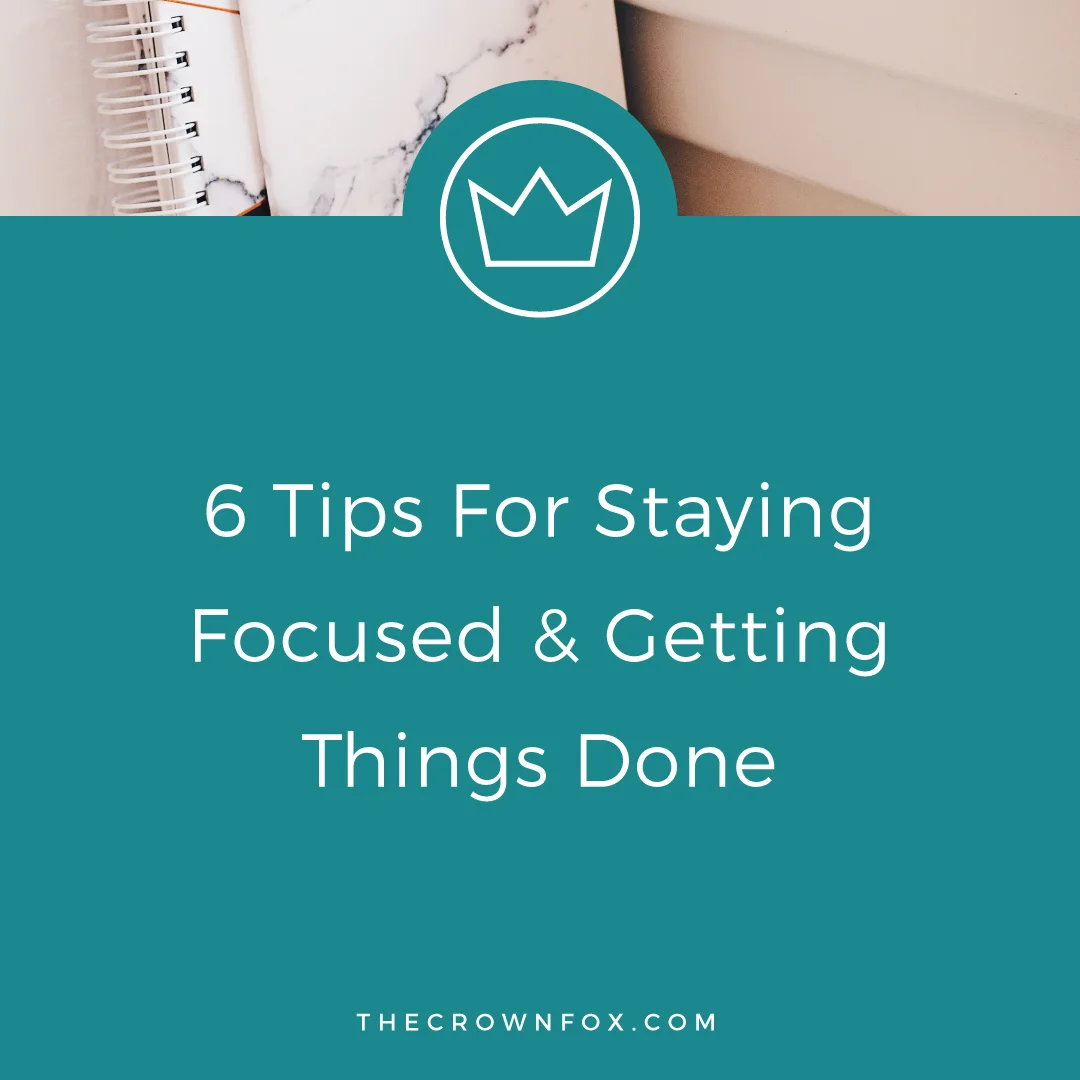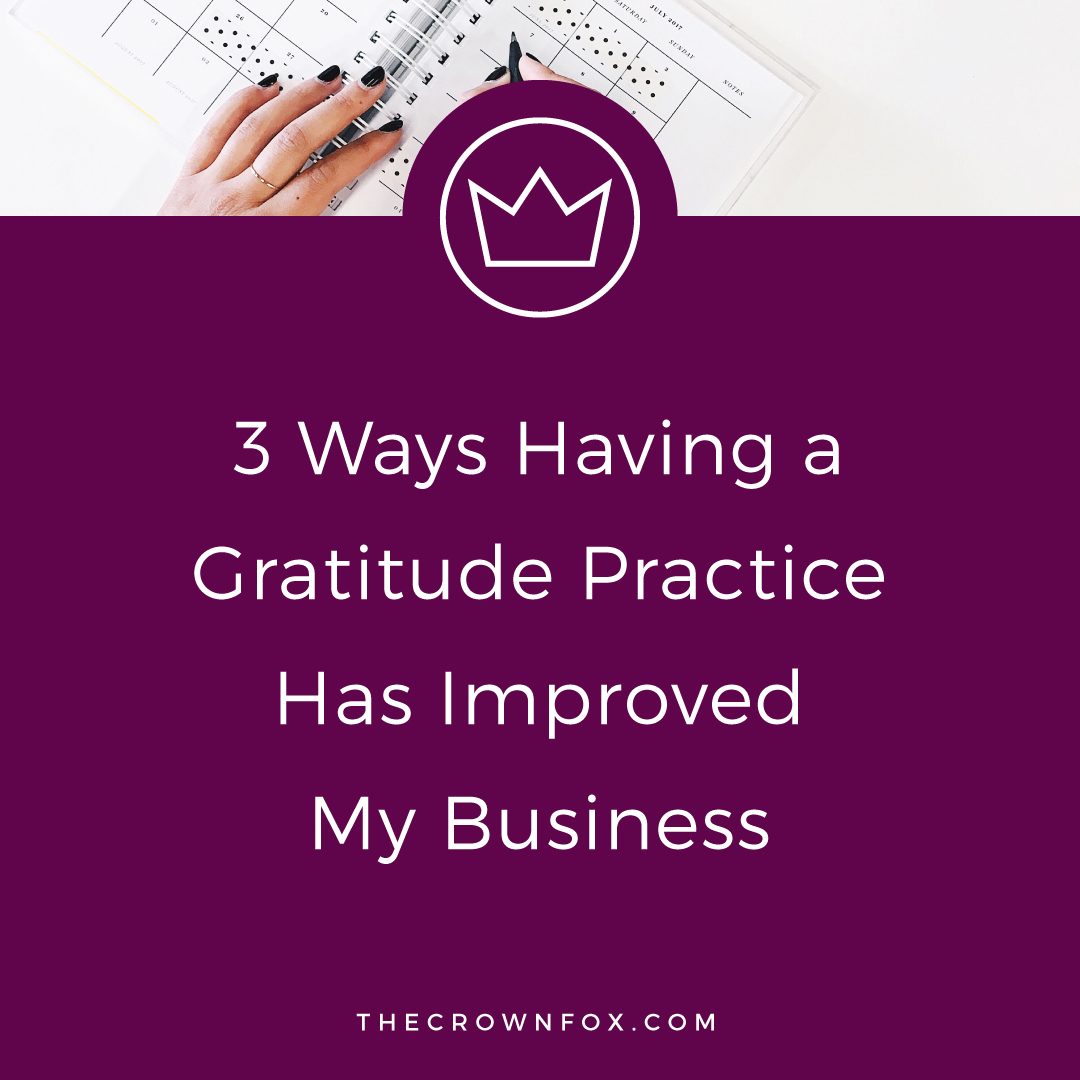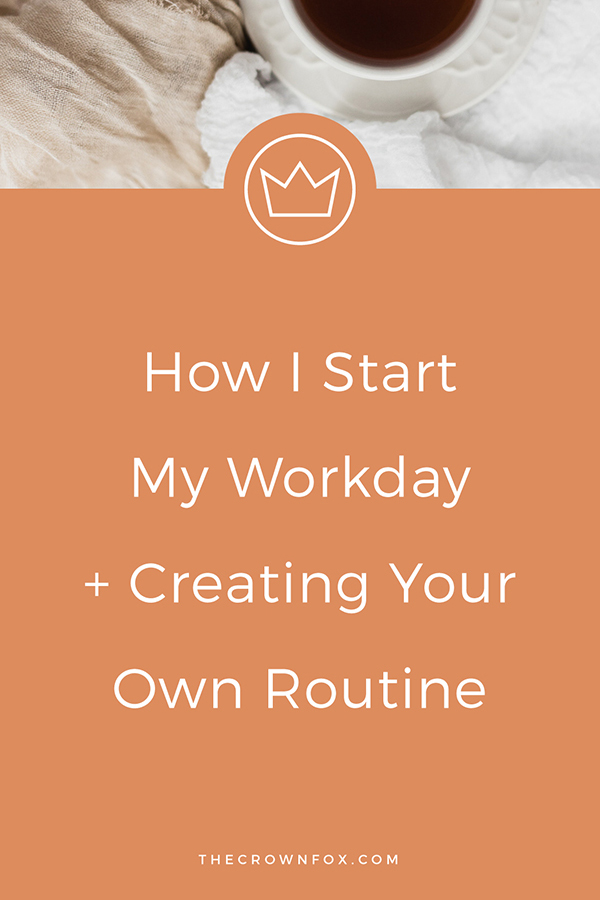Starting an online business is an exciting venture. By diving in and developing the idea into a full-blown small business you can gain so many things. For me things like freedom, financial security, and creativity were essentials and something I wanted to plan for and around. For you it might look like: more time with your family or to travel, ability to earn limitless income and grow quickly, a way to do work you are passionate about and give back in some way, and so on.
Getting started with your business is overwhelming. Terrifying, actually. You either fall into the category of being highly motivated but not a lot of ideas or you have too many ideas and are getting decision paralysis. Wherever you are on that spectrum is the perfect place to get started.
WHAT EXCITES YOU?
First things first, figure out what makes you excited. What makes you happy? What are you going to be content working on into the wee hours of the morning and then waking up early to do more? What gets you wiggling in your seat because you are so freakin’ pumped to share? What do you feel like you could easily talk about for hours and hours and still want to talk about more?
This might be a huge list of a lot of unrelated topics, or it might be on specific, obvious thing. Neither is wrong! My list could look like: design, wine, art history, travel, yoga, etc. Just take some time and brainstorm about what lights a fire under you – even if you don’t immediately see a way to monetize that, that’s fine. I’m a strong believer that we can all make an income doing something we love and are passionate about, so I truly believe you can too.
HOW CAN YOU MONETIZE?
Once you’ve developed some ideas of things that are really passionate about we need to develop a way to monetize that and formulate an actual business. This is where it really helps to start thinking in the way of “problems” and “solutions.” Businesses solve problems for people. They offer solutions. So your business will need to do the same.
During this next phase of starting your business, think through the list and start to associate problems you might have had or others might have with the topics. For example, if you totally L-O-V-E wine, what are some pain points surrounding that? It can be an expensive hobby to jump into for starters. It can feel overwhelming, a bit snobby and hard to understand. You can be confused about food pairings. You might not even know the proper technique for drinking wine, let alone storing it or serving it. How can you, with your knowledge and experience and love of this topic begin to resolve these issues for someone?
Maybe you offer an “introduction to wine crash course” that simplifies understanding the different regions wine comes from and the profiles of different grapes. Or maybe you offer one on one coaching lessons that allow clients to work with you individually to understand wine pairings better. Maybe you write an eBook about all the common ways people mess up serving, storing, and drinking wine.
I don’t think you necessarily need to figure it all out in this step, but just start generating ideas. The hard decisions come later, but in the beginning the emphasis should be on really creating a lot of opportunities or paths to go down and giving yourself options, time for reflection, and an open mind.
HOW DO YOU GAIN MOMENTUM?
Like I just said, you probably won’t come to any definitive decisions yet, but once you’ve come up with a few different paths that you feel enthusiastic about, I want you to shift your focus to actually gaining traction as a business and growing.
The biggest thing that has helped my business to grow has been blogging and social media use. These are what I recommend to strategy clients to implement into their business and what I am going to recommend to you too.
How does that help? Well for starters, blogging is phenomenal for SEO purposes as you should be blogging about things that pertain to your business. It also promotes authority in that it showcases your value and expertise. It lets potential clients know that you are a resource and that you do have something worth their time and money. Social media is good as a way to build and foster relationships with your audience creating an authentic and natural place in their lives as a blog and business they find reputable and worth following.
But how else can you gain momentum? Things like hosting challenges on Instagram or a mini series on Periscope are fantastic ideas to get your name out there more regularly and build up recognition.
At this stage in starting your business you probably haven’t fully settled on a particular path, but I do think it’s wise to spend some time planning and doing a little research of avenues you might be interested in using to gain that momentum. This is a way to further explore topics you might be interested in and see just how viable they are as a business, as well as challenge yourself to think through things you’ll actually be doing in your day to day and see if the work still excites you.
MOVING FORWARD
I titled this post in a way that showcased these three steps as the first steps to starting your online business because I find that it is easy to get an idea and just run with it. But taking time to fully explore your multiple passions and ideas and see how they could actually become a business is something that will create more lasting success. Once you’ve completed these ideas, you should move into really honing down on one idea and going through the process of figuring out your why, who, and how.
This is something I cover in my eBook Branding 101: Building Your Base. I highly recommend checking it out once you’ve worked on some of the initial ideation phases because it will help you hyper focus and figure out how to start implementing real strategies to setting up your business for success.










Hi! I’m Kaitlyn!
I believe that you can create a life and business you love by listening to your own inner guidance system. I think there's plenty of strategies + hacks to learn and a ton of “how to” content you can consume but ultimately you are your best guide, the best guru, the best compass, and the best source of inspiration! I’m here to help you learn to trust that voice inside, step into your incredible power, and create YOUR dream business + life.
Let’s work together!